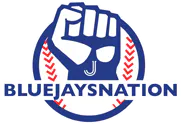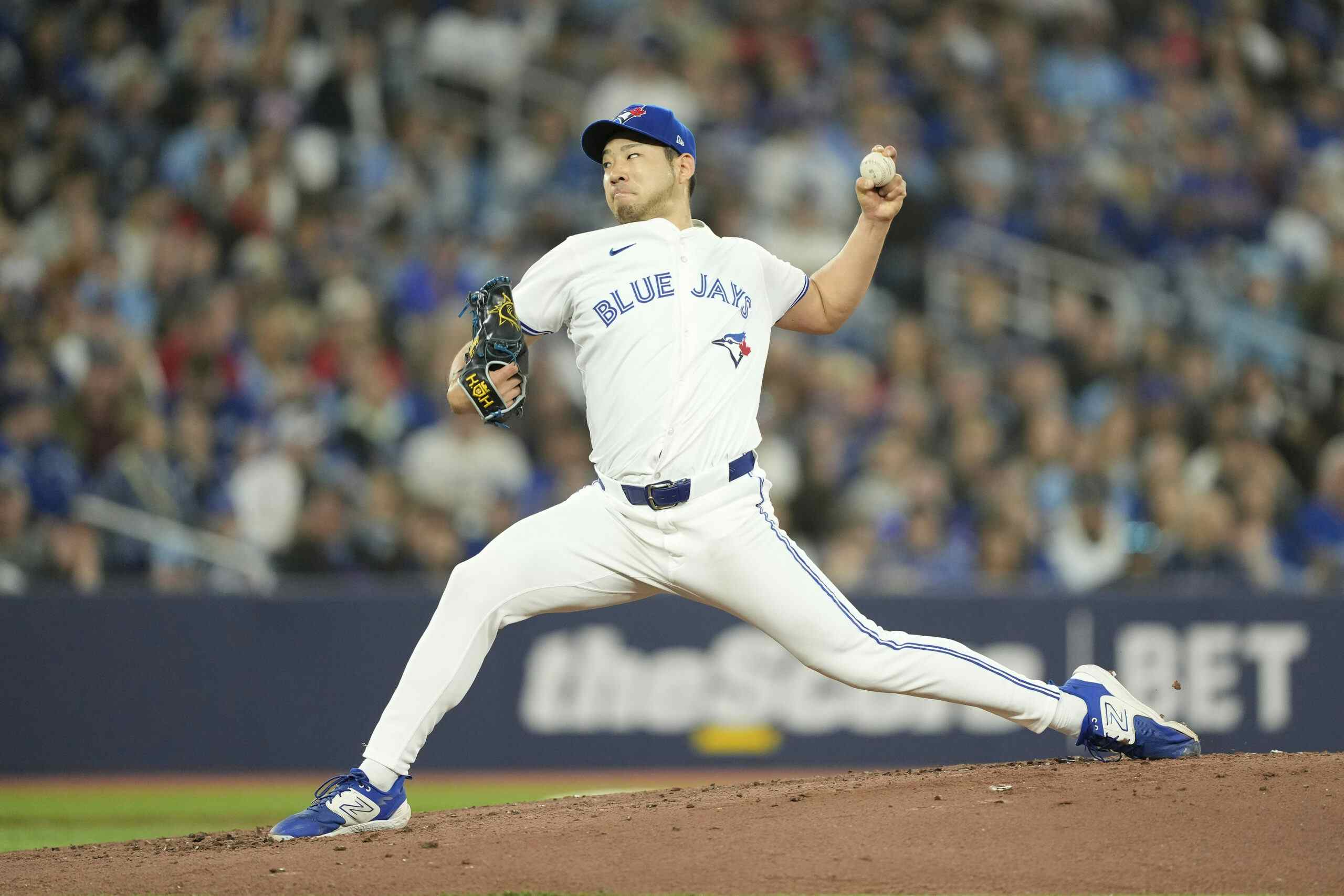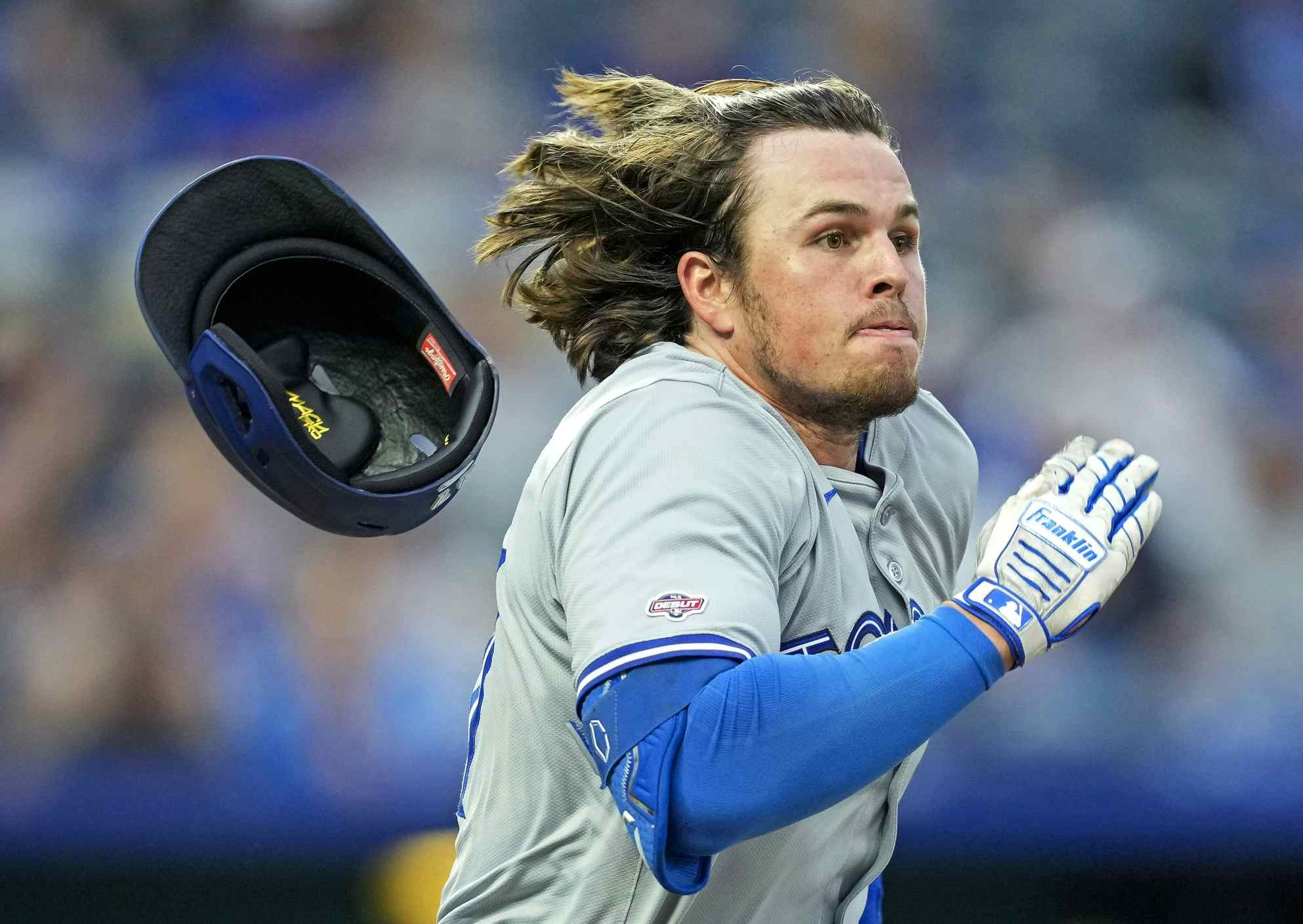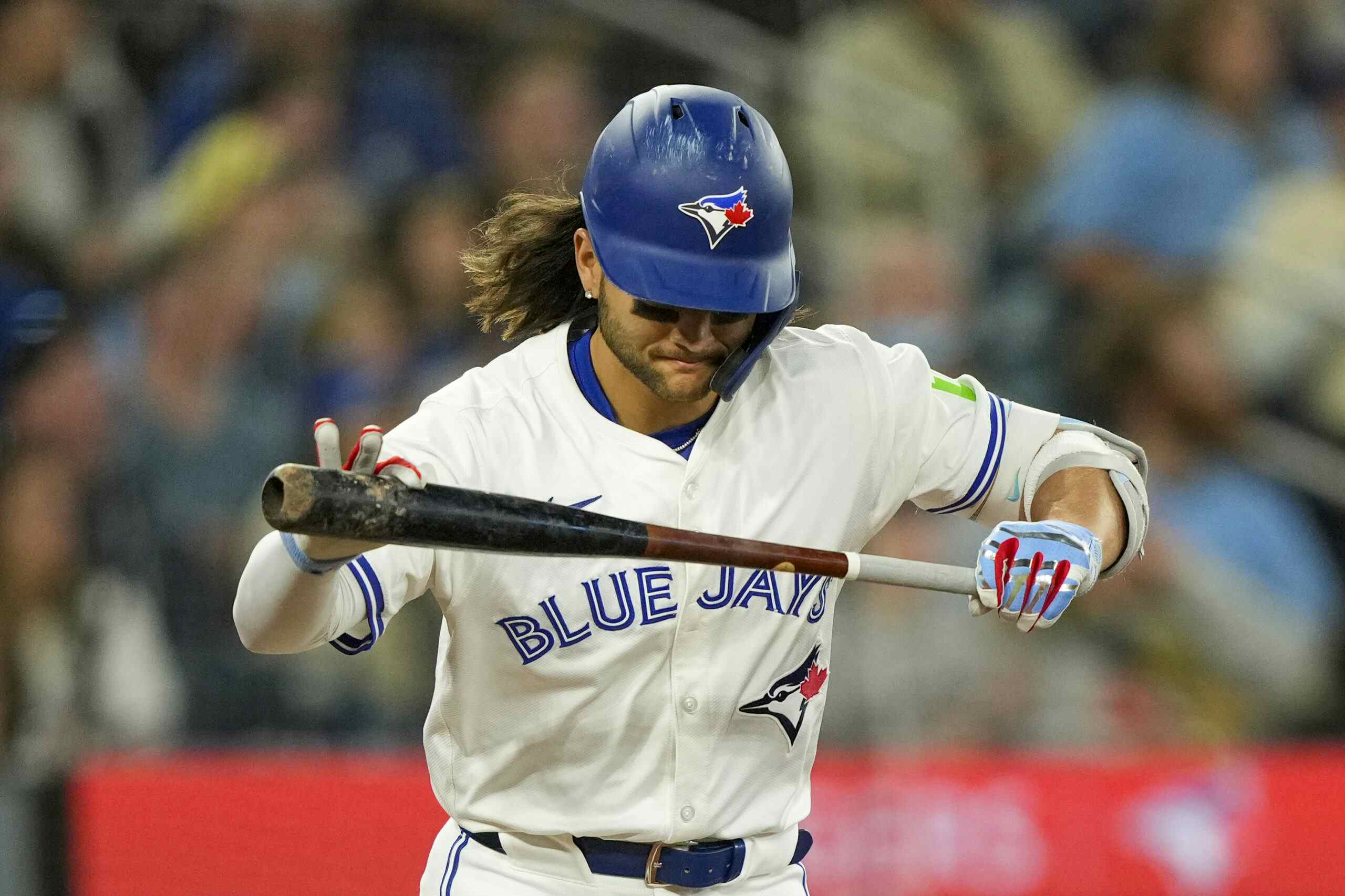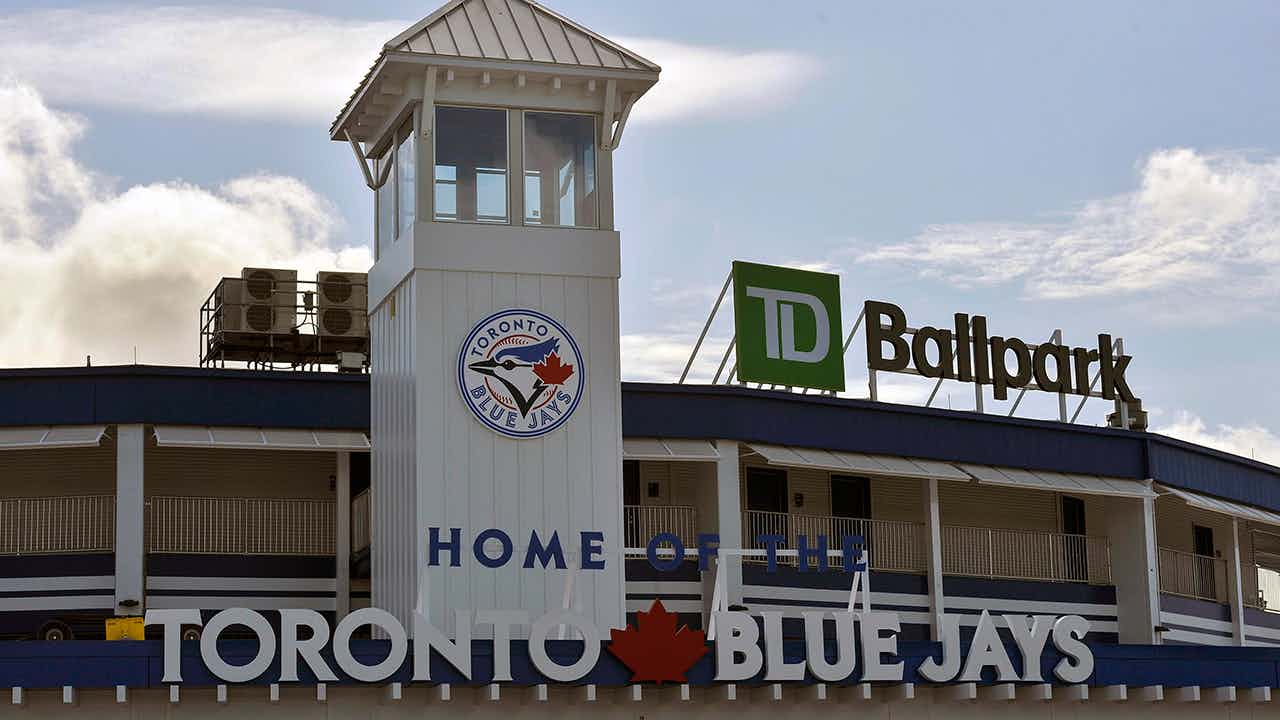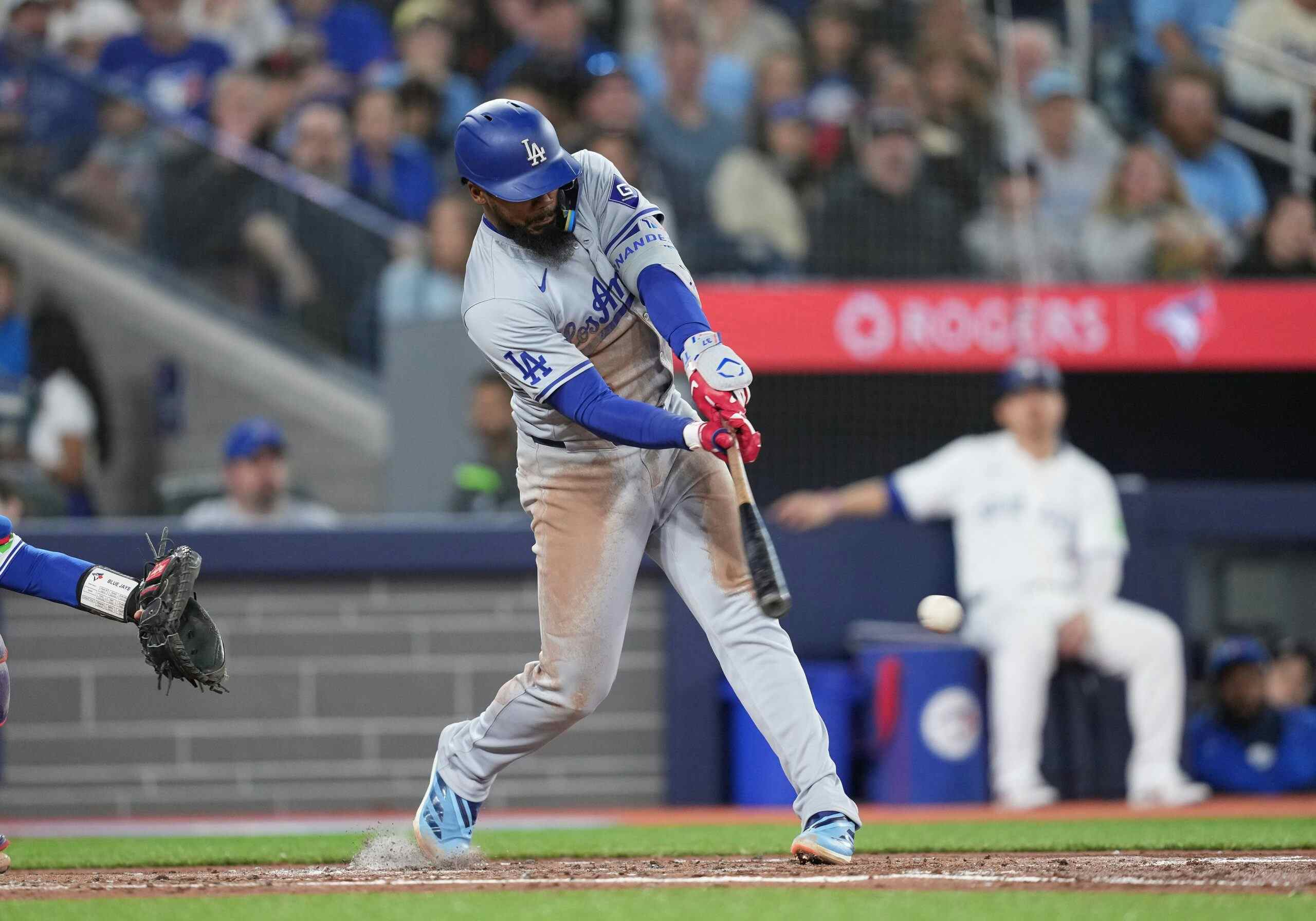Daily Duce: Thinking about free agency, Major League Baseball expansion, and more!
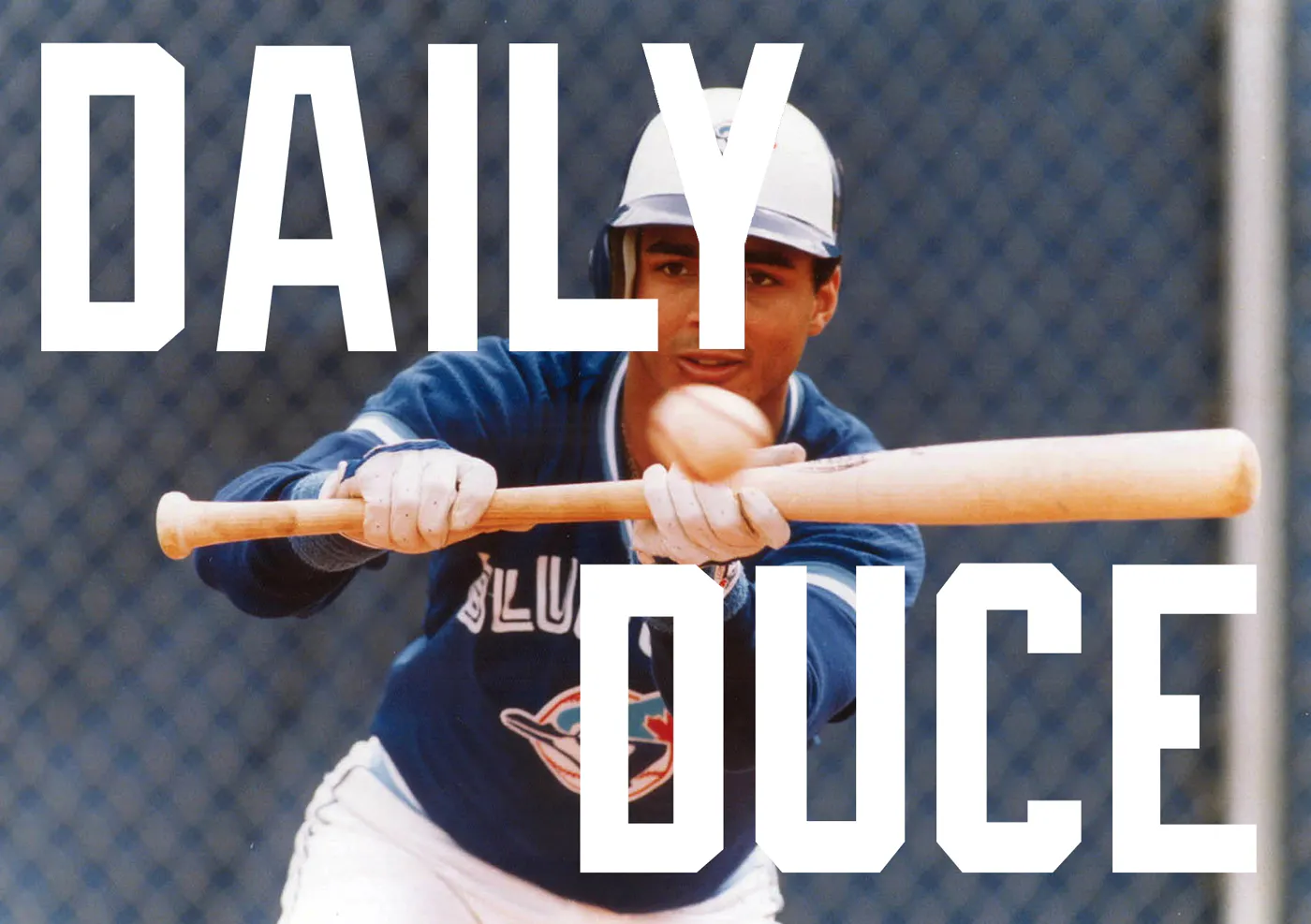
By Cam Lewis
4 years agoIt’s incredibly difficult to talk about baseball right now because, at the end of the day, we don’t know anything.
We know that Major League Baseball and the Players’ Association has a deal in place that covers a handful of key labour-related issues pertaining to the COVID-19 pause such as shortening the draft, giving players an advance on their salaries, and basing service time on last season in the event of a cancelled season, but everything regarding the actual 2020 season is up in the air.
Maybe there’ll be Opening Day games during All-Star Weekend. Maybe there’ll be a wild, quick, 81-game season filled with complete madness. Maybe there’ll be a big, expanded post-season that features 12 or even 16 teams. Maybe there’ll be a World Series played in a neutral location on Christmas. Maybe games will be played on the moon. Maybe there won’t be a season at all. Who knows! We’re venturing into the unknown.
Anyways, let’s try to figure out how the fallout from all of this affects the Blue Jays in the wide array of possible scenarios we could be dealing with.
Free Agency
No matter what happens, even if there isn’t a single pitch thrown this season, players will still be granted a year of service time. This is a huge issue for the players and it isn’t overly surprising to see the league be lenient right now. With the Collective Bargaining Agreement set to expire soon and a big battle looming around the corner in regards to team control, trying to convince the players to effectively give back a year of control despite getting a year older would have been a disaster.
It’s a very pro-player decision and it’ll harm some teams more than others. For example, the Los Angeles Dodgers could very well have traded for Mookie Betts never to see him actually suit up for the team in a regular-season game. It’s shitty for them, but it would also be pretty unfair to ask Betts to roll into free agency at 29 years of age after the 2021 season than at 28 years of age this winter.
I think the Dodgers are probably the team that gets hammered the hardest here, but, otherwise, it’s kind of a ‘we’re all in this together’ type thing. I mean, it isn’t ideal for the Jays to possibly lose out on one of their cheap years of Bo and Vlad and it obviously sucks that they’re also possibly losing a key year of development. But, again, I can’t think of a situation in which a team would be benefitting from the COVID-19 pandemic. It is what it is.
The Jays only really have one key free agent to worry about here — Ken Giles. If the season is cancelled, Giles will be eligible for free agency and the Jays won’t have a chance to trade him to a contender. As we know, the Jays tried to trade their star closer last season but couldn’t make anything happen due to a nagging injury he dealt with part-way through the season.
I would guess that qualifying Giles would be the way to go. If he accepts, great, you can try it all again in 2021. If not, well, at the very least, you get a draft pick for Giles rather than nothing.
Toronto’s other free agents of note here are Matt Shoemaker and Travis Shaw. Neither of these two players has set themselves up for a big payday in the event of a cancelled season. Shaw is on a one-year rebound contract and would, at best, get the same heading into next year. Shoemaker had a great five-game showing in 2019, but, given his injury concerns, it’s hard to imagine him warranting a multi-year deal on the open market.
It’ll actually be really interesting to see how free agency plays out this winter if there isn’t a season.
In the event that the season is cancelled, teams will obviously be reluctant to hand out massive contracts in free agency. I mean, teams are already crying broke-ass right now in regards to the draft and having to hand out signing bonuses to rookies. Is anybody, after not earning any gate revenue for an entire year, going to shell out like $420 million to sign Betts?
For what it’s worth, I would still expect L.A. to come to terms with Betts on a deal because it’s hard to imagine Andrew Friedman, who graduated from the Tampa Bay Rays School of Being Furgal, trading for a guy who he didn’t believe would stick around, but who knows.
Anyways, if teams do decide to conspire to drive down the cost of free-agent talent be conservative, the Jays could swoop in and benefit from more of a buyer’s market. They made a big splash this past winter, signing Hyun Jin-Ryu to a multi-year deal and it’s hard to imagine that’s going to be the end of it. This year’s free-agent class, beyond Betts, will feature catcher J.T. Realmuto, outfielder George Springer, and pitchers Trevor Bauer, Robbie Ray, and James Paxton, among many others.
I already have my “Sign Mookie Betts, You Cowards” post ready in the drafts.
Am I being overly optimistic here thinking that the Blue Jays of all teams will stand to benefit from a hypothetically cold free-agent market? We already know the Jays will have plenty of payroll to operate with, the question is the extent to which Rogers gets hammered financially from this pandemic. The Canadian Dollar is also a key factor here that 29 other teams don’t have to worry about.
Here’s a fun post from Scott Mitchell predicting what he figures the Jays’ roster will look like two years from now. I won’t spoil the surprise for you, but it features a couple of exciting free-agent additions, including one re-acquisition, though not the one you might expect.
The Draft
It’s really good for the Blue Jays that the draft didn’t end up getting cancelled as was being discussed last week. The Jays are set to pick fifth overall for the first time since they drafted Vernon Wells back in 1997. They have a chance to land a game-changing prospect here and losing that opportunity would have been unfortunate.
It appears that there’ll be a 10- or five-round draft this year, which basically allows teams to add high-level talent to their farm system without having to take as many guesses on wild-cards in the later rounds. Teams wanted to have fewer rounds in order to save some cash on signing bonuses, which makes sense given how their ability to scout the players will be limited.
This is a really ugly deal for draft-eligible players, which isn’t surprising given the fact they had no representation throughout these negotiations. Scott Boras was critical of MLB’s chopped-up draft plan, suggesting that it would result in players having fewer options all in order for teams to save a small amount of cash on mater-round bonuses.
The big issue here is that players not drafted in that five- or 10-round shortened draft will have virtually zero options other than to go back to college. In order to promote fairness among the teams, undrafted free agents will only be allowed to ink deals with a $20,000 signing bonus. This is so that teams like the Dodgers and Yankees can’t just sign millions of dollars worth of undrafted, high-upside high schoolers that are left over after the draft.
As outlined by J.J. Cooper, there is a wealth of ripple effects at play for draft-eligible players. More high schoolers will end up going to college and many college seniors will be left in limbo and the NCAA will have to consider making exceptions to eligibility for them.
In the case of the Jays, they’ll, fortunately, be able to capitalize on their high draft choices in the first few rounds, but the interesting thing to watch for is whether they’ll be one of the teams to find diamonds in the rough with the big batch of undrafted players. Obviously, some will avoid signing because of the cap on the un-drafted free-agent signing bonus, but teams with strong player development reputations will be able to thrive here. Some players will take the hit of an underwhelming signing bonus in order to put themselves in a situation to succeed.
Think back to Bo Bichette in 2016. He probably could have gone a lot higher in the draft based on his talent but said there were only a few teams he would sign with rather than fulfilling his commitment to play for the Arizona Sun Devils. I’m turning a long story very short here, but the Blue Jays were one of those teams because they said they wouldn’t force him to change his swing. As a result, they got what could be the steal of that draft.
Hey, want to come train at the Blue Jays’ new state-of-the-art facility in Dunedin? Yeah, you fucking do!
The Playoffs? Expansion?
Whether there’s only a partial season or there’s no season at all, Major League Baseball will absolutely be looking for ways to compensate for lost revenue this year.
The most obvious solution that’s been talked about is just expanding the playoffs, which is something MLB was already talking about doing. Just over a month ago (fuck, honestly, this feels like it was ages ago now) Joel Sherman at the New York Post reported that MLB was considering expanding the playoff field from five to seven teams per league in order to appease streaming providers.
Fox has a deal with MLB to air the World Series, two Division Series, and a League Championship Series through 2028, but MLB’s deals with ESPN and Turner expire after 2021. If MLB expands the field to feature more rounds and games, they can not only re-up those providers in 2021 to larger deals, but also get streaming giants like YouTube, Amazon, and Facebook in the mix.
So if there are seven teams in the playoffs per league, the No. 1 seed gets a bye to the divisional round, while the other six teams play three-game play-in wild card rounds. The top team can also pick their opponent on some live, reality-show style spectacle, which, again, provides value to rights holders.
This is a prime opportunity to shoehorn their new playoff format in, say ‘wow, that worked out!’, and just make it a thing forever.
Another really interesting thought comes from Craig Edwards over at FanGraphs. Expansion is another thing MLB has been considering recently, but there isn’t anything on the immediate horizon. But if the league wants to compensate for lost revenues this year, two teams joining the league with colossal expansion fees would be one way to do it.
You have to think that Montreal’s Stephen Bronfman-led group would be all over this and that bringing the Expos back to life would be on the radar, if this is an avenue MLB decides to go. We haven’t seen new teams join the league since 1998, so maybe it’s time to expand to 32 teams.
Recent articles from Cam Lewis
